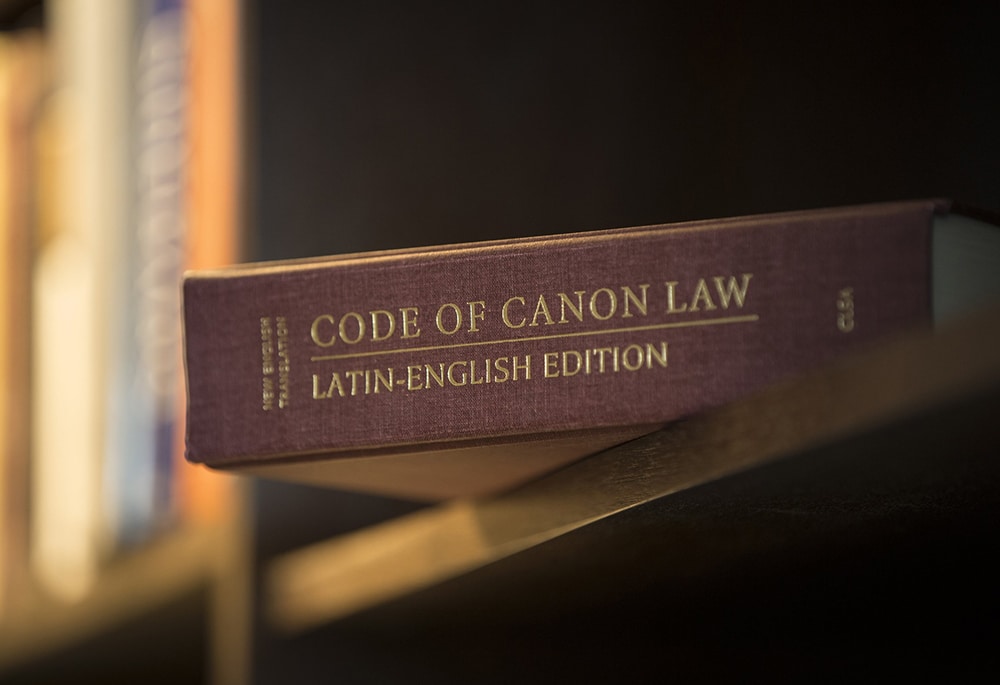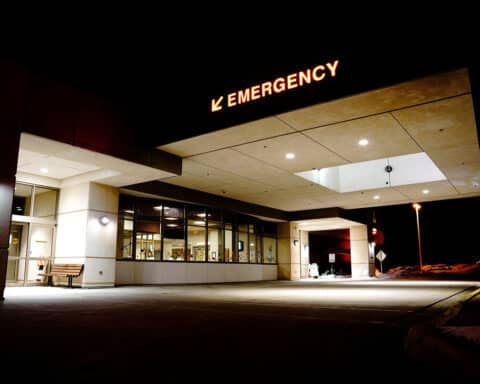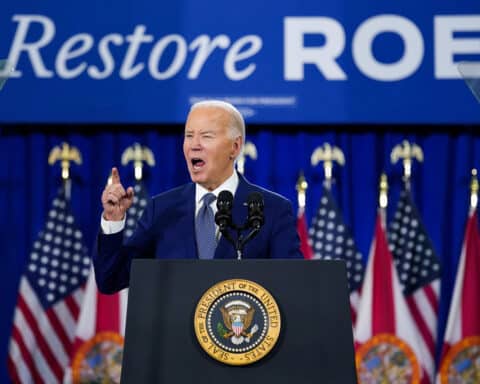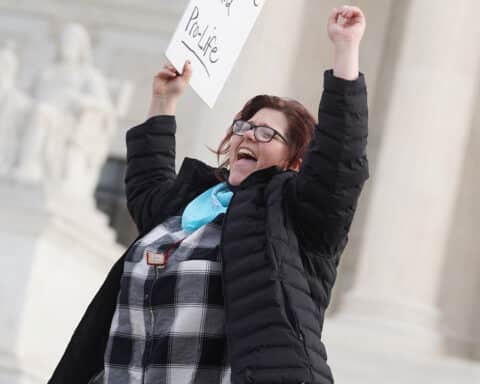
— Name withheld, Fayetteville, North Carolina
Answer: It is necessary to distinguish excommunication from the denial of holy Communion. That one is instructed not to present him or herself for holy Communion does not mean they are excommunicated.
The denial of Communion is a warning from the Church that the sacrament of the Eucharist cannot be received by a particular person since it does not bring them blessings but, rather, condemnation. St. Paul writes: “Therefore whoever eats the bread or drinks the cup of the Lord unworthily will have to answer for the body and blood of the Lord. A person should examine himself, and so eat the bread and drink the cup. For anyone who eats and drinks without discerning the body, eats and drinks judgment on himself” (1 Cor 11:27-29). Hence, the Church warns all the faithful not to receive holy Communion in a state of unconfessed mortal sin. At times, when the sinful behavior or dissent is very public, there can be a public declaration so that all the faithful are alerted as to the seriousness of certain sins and dissent and are not misled. While a pope could make such a declaration, such actions are usually undertaken by the diocesan bishop. However, Catholics who are denied the privilege of holy Communion are not thereby excommunicated.
Excommunication is a more sweeping spiritual penalty that deprives the guilty Catholic(s) of all participation in the common blessings of the Church. They may not participate in public worship or receive any of the sacraments; neither can they join or participate in Catholic groups or organizations. The practice of excommunication is affirmed for serious cases by the Lord Jesus (cf. Mt 18:17) and St. Paul (cf. 1 Cor 5:1ff, 2 Thes 3:15). There was also a consistent admonition in the Law of Moses to “purge the evil from your midst” (Deut 19:19).
Excommunication’s purpose is medicinal rather than vindictive. It protects the faithful from pernicious influence and demonstrates to the excommunicated that their unrepented actions have severed them from recognizable communion with the Church endangering their salvation. The hoped-for effect is their conversion and restoration to the Sacraments and the life of the Church.
The excommunicated person, however, does not cease to be a Catholic, since the reality of baptism can never be reversed. Still, in some sense, the excommunicated are considered as an exile from the Church and as absent in the sight of Church authority.
Excommunication can be imposed by a pope, but it is usually the diocesan bishop who imposes it. Canon Law limits such a penalty only for the most serious offenses and after giving due warning (No. 1318). The bishop or his delegate may remit the penalty when the sinner has repented and has sought reconciliation.
There are, however, certain sins that automatically excommunicate a person from the Church. These are: when a person formally becomes an apostate from the faith, a heretic, or a schismatic (No. 1364); the desecration of the Blessed Sacrament (No. 1367); physical violence against the pope (No. 1370); a priest absolving an accomplice in a sin against the Sixth Commandment (No. 1378); a bishop ordaining a bishop without permission of the Holy Father (No. 1982); if a priest directly violates the seal of confession (No. 1388); or one who procures a successful abortion, knowing the penalty (No. 1398). Such automatic excommunications are usually reserved for the pope to lift. However, excommunication due to apostasy, heresy schism or abortion can be lifted by the local bishop or priests who are delegated to do so.
The denial of holy Communion and excommunication involve certain prudential judgments and must follow a course of due process. As such not all bishops agree on when and on whom to apply these penalties. It is evident that there are disagreements among them on how best to handle prominent Catholics who dissent or engage in public sin from which they refuse to repent. There is a developing consensus among many bishops to apply such penalties more than in the past and time will tell if this grows.





